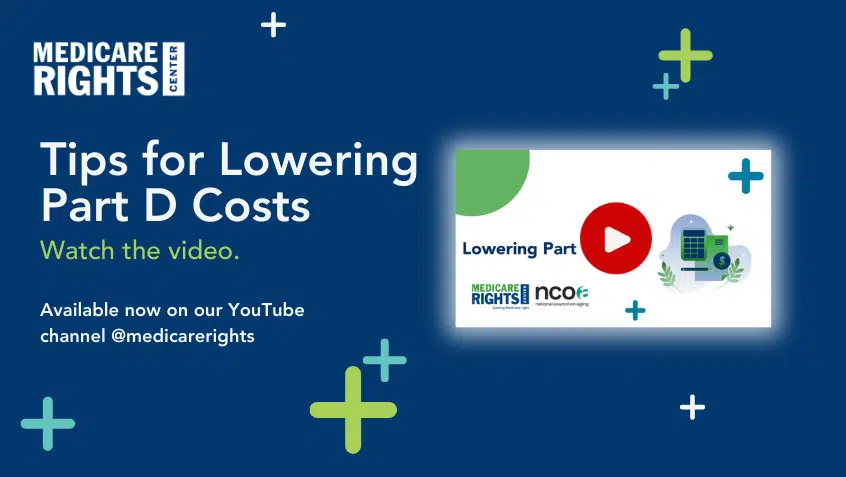Join Us Live for a Discussion on Medicare, Democracy, and the Future of Health Care
How does retiree insurance work with Medicare?

[x_blockquote cite=”Jean (Yakima, WA)” type=”left”]Dear Marci,
I have retiree insurance from my previous job, and I will be turning 65 in a few months. Do I have to sign up for Medicare even though I already have coverage?[/x_blockquote]Dear Jean,
If you have retiree insurance, it is a good idea to sign up for Medicare when you become eligible. According to Medicare rules, retiree insurance pays secondary to Medicare. This means that Medicare pays first for your health care, and then your retiree coverage pays for some or all of the costs that Medicare did not cover. If you do not sign up for Medicare, you may have problems accessing coverage. There are a few things to consider.
First, if you become eligible for Medicare and don’t sign up, your retiree policy may not cover you. Many retiree policies require you to sign up for Medicare Part A (hospital insurance) and Part B (medical insurance) and may not make payment until Medicare does. If your retiree policy does cover your health care costs, it may later recoup payments it made when Medicare was supposed to pay primary.
Another consequence of not signing up for Medicare is the possibility of a late enrollment penalty (LEP). An individual can be subject to an LEP if they do not sign up for Medicare when they are first eligible to do so. You can avoid a late enrollment penalty by signing up for Medicare three months before or up to three months after you turn 65.
Note that some retiree policies provide creditable prescription drug coverage. Creditable coverage means that your coverage is as good as or better than Medicare Part D prescription drug coverage. If you have creditable drug coverage through your retiree plan, you can choose not to sign up for a Part D plan and not face a late enrollment penalty later should you lose your retiree coverage and decide to enroll in a Part D plan.
The takeaway point is that you should sign up for Medicare Part A and Part B when you are first eligible. Check with your former employer to find out if you have creditable drug coverage before deciding whether to sign up for a Part D plan.
– Marci
Show Comments
We welcome thoughtful, respectful discussion on our website. To maintain a safe and constructive environment, comments that include profanity or violent, threatening language will be hidden. We may ban commentors who repeatedly cross these guidelines.
Help Us Protect & Strengthen Medicare
Donate today and make a lasting impact
More than 67 million people rely on Medicare—but many still face barriers to the care they need. With your support, we provide free, unbiased help to people navigating Medicare and work across the country with federal and state advocates to protect Medicare’s future and address the needs of those it serves.
The Latest
Most Read
Add Medicare to Your Inbox
Sign up to receive Medicare news, policy developments, and other useful updates from the Medicare Rights.
View this profile on InstagramMedicare Rights Center (@medicarerights) • Instagram photos and videos









